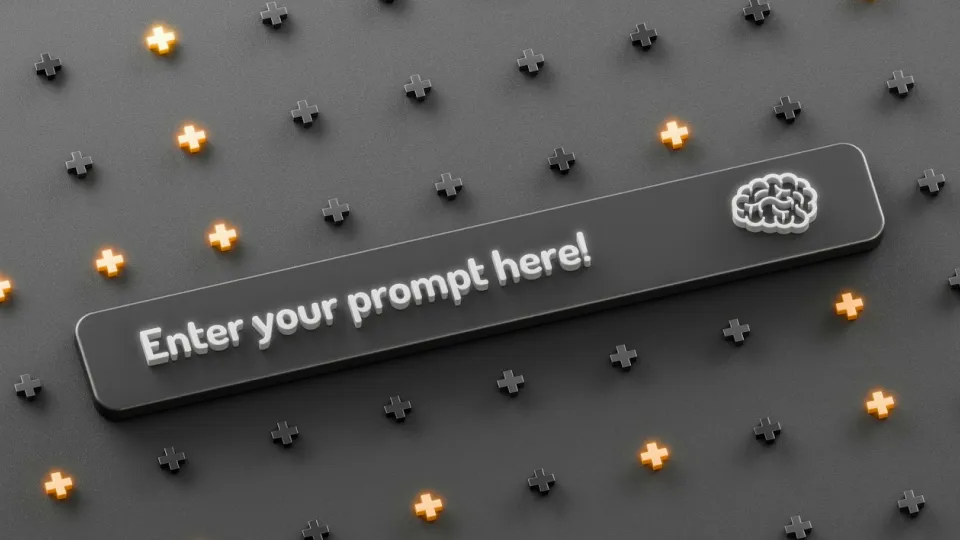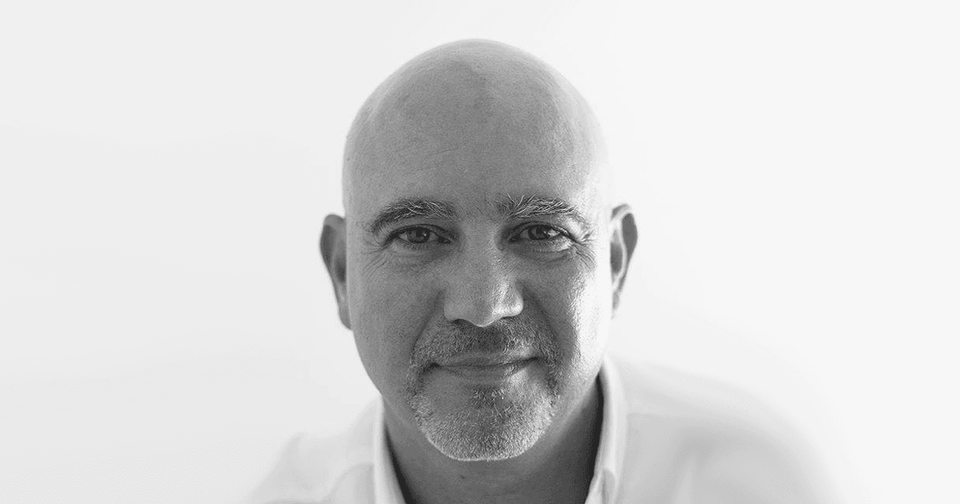From Anxiety to Awareness: A Story of Personal Growth
Which company has never had (or does not have) someone who seems to predict the future? That person who can foresee situations that most people couldn't imagine, especially anticipating possible "worst-case scenarios"?
Hello, my name is Diana Silva and I suffer from anxiety.
It may seem strange for someone to declare themselves "anxious" when this condition suggests the idea of someone who simply has an urgency to get things done.

Anxiety goes beyond that. In the professional realm, that person who always pressures themselves to do more and better, who foresees the worst scenarios and takes steps to solve or prevent them, who is attentive to potential mistakes of colleagues (not out of malice but as a defense mechanism for the common good), who often shows intolerance to their own mistakes... In short, I could write 500 lines to describe this type of person, but, to sum it up, this person is generally recognized for their excellent work and is always exhausted and "always on" because of anxiety.
Pathological anxiety has many nuances and can go unnoticed even by those who suffer from it. It seems natural to foresee the bad things that can happen in a project or team, to want to overprotect the people around us, to have a great fear of things that only happen in 1% of cases. It seems natural to be on alert and think that we are not as good as they say, but rather that others are not trying hard enough.
The result of our excellent work, often recognized, is a state of exhaustion and frustration that seems to have no way of being addressed. The catastrophic scenarios our minds create never end, and with them, our efforts to foresee and solve them before they happen. But most of the time, they never will.
The difficult journey of the anxious person is to realize the problem when "the problem" seems to be a gift for maintaining the balance of things.
In my specific case, I could only understand what anxiety was and how much it was consuming my energy in vain when it began to manifest as panic attacks due to personal situations imposed by motherhood that were truly uncontrollable and unpredictable.
I sought psychological help because I felt I was going crazy.

Through the sessions, I concluded that I had always been living according to anxiety. The hardest step is to turn off the "catastrophic mode" and accept that things will go well.
The journey is not easy. Learning to limit the mind to see the reality of things and accept that we cannot control or predict everything, not because it is impossible, but because it is an inhuman effort, is to fight against one's own nature.
I have been in therapy for a year, have slowed down, and initially felt great frustration because I thought I was no longer doing that excellent work. But, once again, it was all in my head because even by slowing down and considering that my productivity was far below what I thought was ideal, I received great recognition from the company and my teammates.
It would have been great to have discovered this much earlier and to have had a more peaceful and equally rewarding professional journey.
For those who saw themselves in this text, here’s a tip: observe yourselves with more care and seek help even if you don't think you need it.
There are things that will always be uncontrollable or unpredictable, and some of them will be wonderful precisely because of that.
This article is a translation and was originally published, in portuguese, on Human Resources/Sapo on July 5, 2024.


